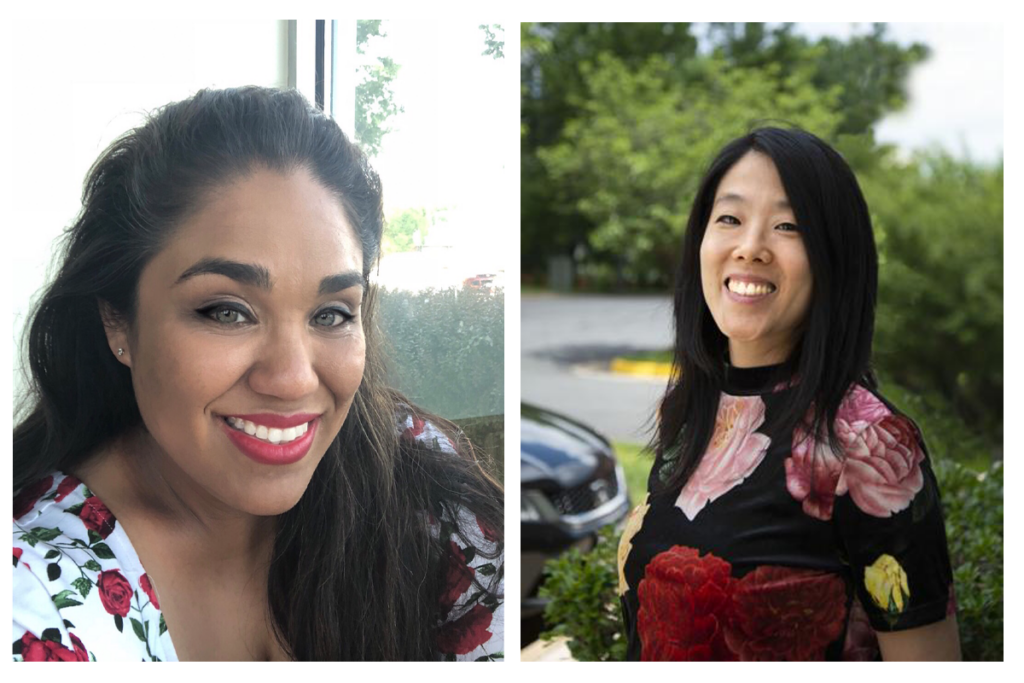This blog post is the final installation of a three-part series “Who Counts in the 2020 Census?” where we interviewed local leaders spearheading the fight in their communities to obtain a fair and accurate count of everyone who lives in Virginia.
The Census is a pretty big deal. The data collected from the Census is used to determine the distribution of Congressional seats in the United States House of Representatives, how we redistrict states, and how we allocate federal funds to states.
Without an accurate Census, many states and cities will be denied the full funding they deserve and need. Virginia receives more than $5 billion every year in federal funding for many critical programs that communities depend on in order to survive. These programs include SNAP, Medicaid, School Breakfast Program, Women, Infant, and Children program (WIC), healthcare centers, and many more essential programs that serve our community. $2,000 of federal funding will be lost every year for each person in Virginia who is not counted; after 10 years, that’s $20,000 per person. We can’t afford that.
Let’s take a look at all of the programs that will be impacted by an undercount:
- Highway Planning and Construction
- Title 1 Funding for schools
- Special Education Grants (IDEA)
- Low Income Home Energy Assistance (LIHEAP)
- Section 8 Housing Choice Vouchers
- Section 8 Housing Assistance Payments Programs
- Supplemental Nutrition Assistance Program (SNAP)
- Medicare
- Supplemental Nutrition Program for Women, Infants, and Children (WIC)
- Health Center Programs (Community, Migrant, Homeless, Public Housing)
- Headstart/ Early Head Start
To learn more about how an undercount would impact Virginia, we spoke with Monica Sarmiento and Sookyung Oh, leaders of Virginia’s immigrant community. Monica is Executive Director of the Virginia Coalition for Immigrant Rights and Sookyung is the D.C. Area Director for NAKASEC ( National Korean American Service and Education Consortium).

We know that the federal budget for the census was cut. How does that impact low-income families and people of color?
Monica: The biggest impact we’re going to see is a lot fewer canvassers out having conversations with individuals to help them fill out the Census forms. It’s going to shift responsibility onto individuals by making them fill out the Census forms without any kind of assistance. Community organizations, if they have the capacity, and many of them have incredibility limited capacity, might help those who might not know what the Census is, why it’s important, how to fill out or how to go down the questionnaire or even where to find the link to fill out the questionnaire. And now we have the largest population of the US citizens. It’s going to be incredibly hard to count because we have more people to count and fewer resources to count them. It’s going to require a lot of volunteers who are eager to help not just people in there community but in neighboring communities to fill out the Census and make sure everyone is counted.
Sookyung: 11.7% of Virginia’s population live in hard to count Census tracts. If you look at communities of color, we’re even higher than that. For Latinx communities, 27.9% live in hard to track Census areas. For Asian Americans, it’s 17.9%. For Native Hawaiians and Pacific Islanders it’s 21.2% and for Black communities its 17%. For white folks it’s 7.2%.
What is something we should keep our eye on for the upcoming Census?
Sookyung: I think the citizenship question piece is important. It isn’t just going to impact immigrants. For example there’s more than 140,000 citizens who live with at least one family member who is undocumented. There are thousands of mixed-status families who may not participate because of the citizenship question and they’re citizens!
The 2020 Census may be one of the most important surveys you fill out this decade! With lack of funding looming over us, we encourage everyone to help spread the word. Do this by sharing this article on social media, volunteering with a local organization that does Census outreach, or telling a family member or neighbor how important it is for them to participate in the Census. Read here to hear from someone who spent months educating Virginia residents about the Census as an enumerator.